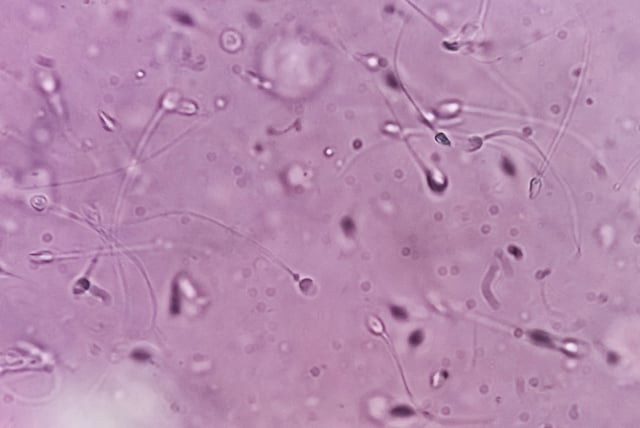Overview
- A Danish study revealed that 36% of infertile men have clinically low blood phosphate levels, compared to 2–4% in the general population.
- Low phosphate levels were strongly associated with reduced sperm motility but did not affect sperm count.
- Infertile men with lower phosphate levels also exhibited slightly higher estradiol levels, suggesting hormonal interplay affecting fertility.
- Researchers emphasize phosphate's role in energy metabolism and its tightly regulated concentration in the male reproductive system, with seminal fluid phosphate levels over 20 times higher than in blood plasma.
- Controlled clinical trials are being planned to test whether phosphate supplementation can improve fertility in men and women.
